MIT team develops data-driven safety envelope for lithium-ion batteries for EVs
Green Car Congress
AUGUST 26, 2019
Researchers at MIT, with a colleague from Tsinghua University, have developed a safety envelope for Li-ion batteries in electric vehicles by using a high accuracy finite element model of a pouch cell to produce more than 2,500 simulations and subsequently analyzing the data with Machine Learning (ML) algorithms. —Li et al.





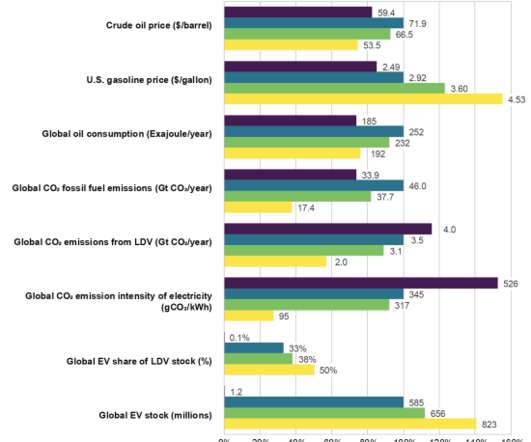


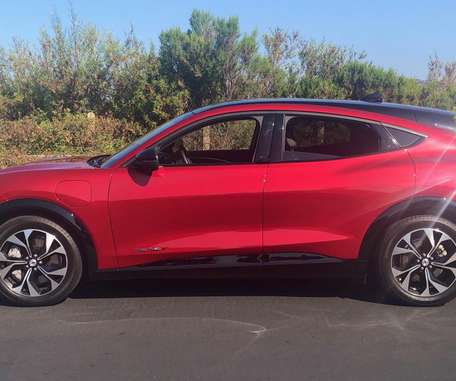





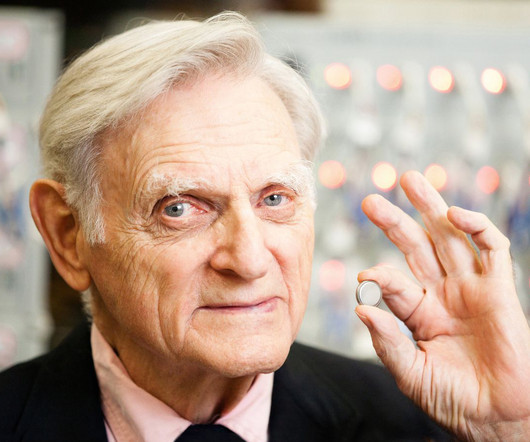








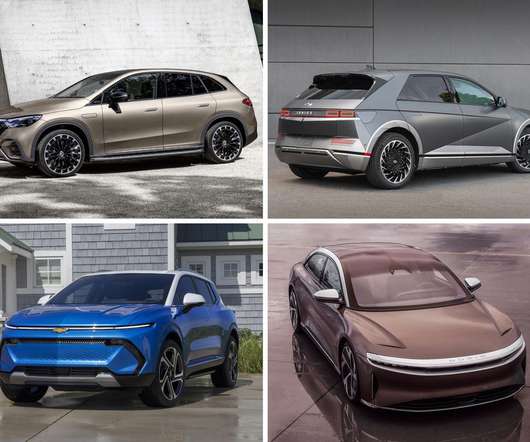
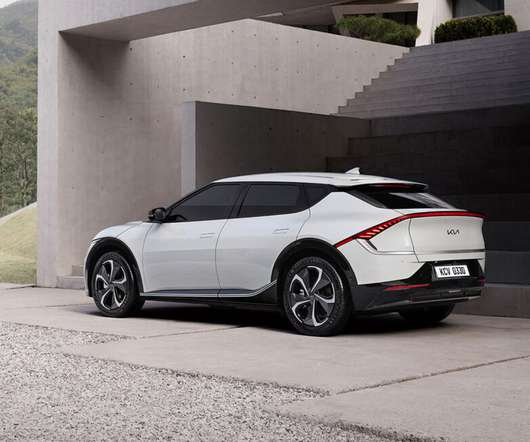







Let's personalize your content